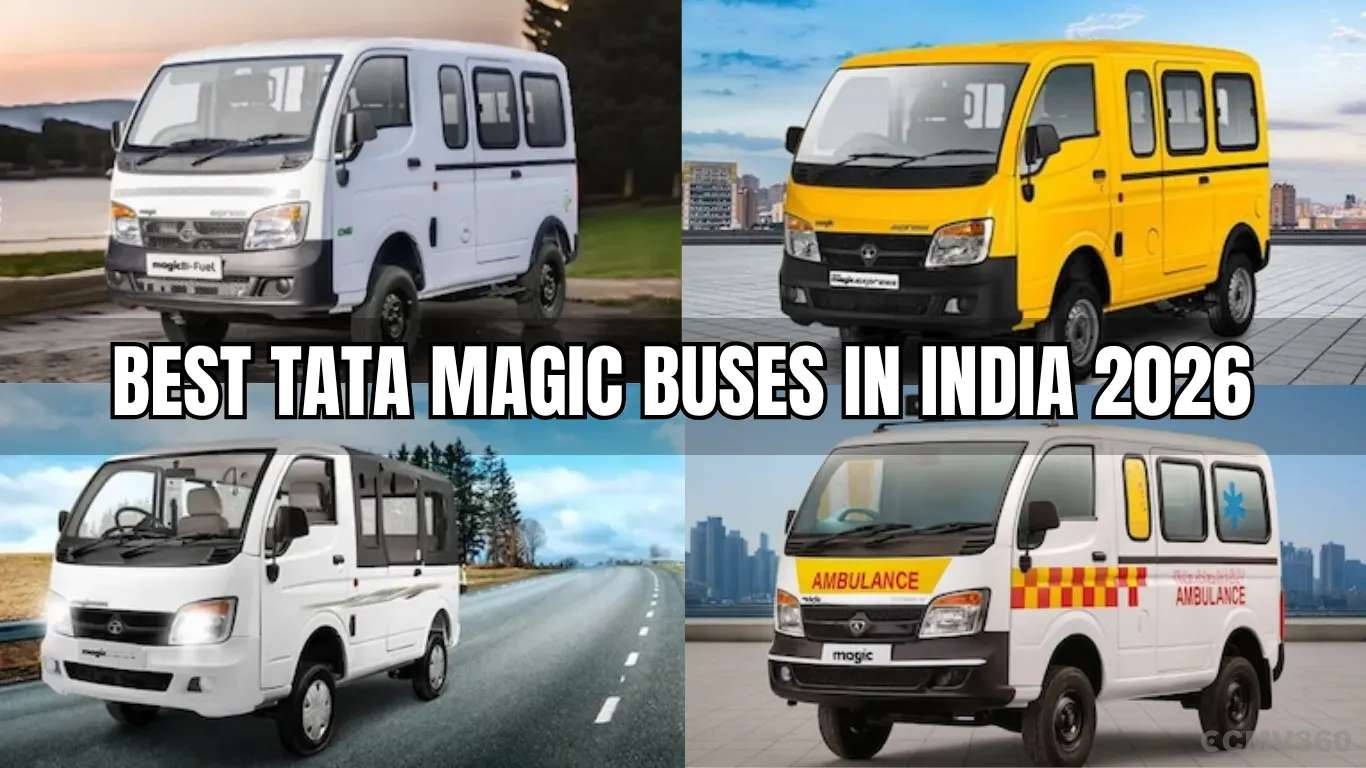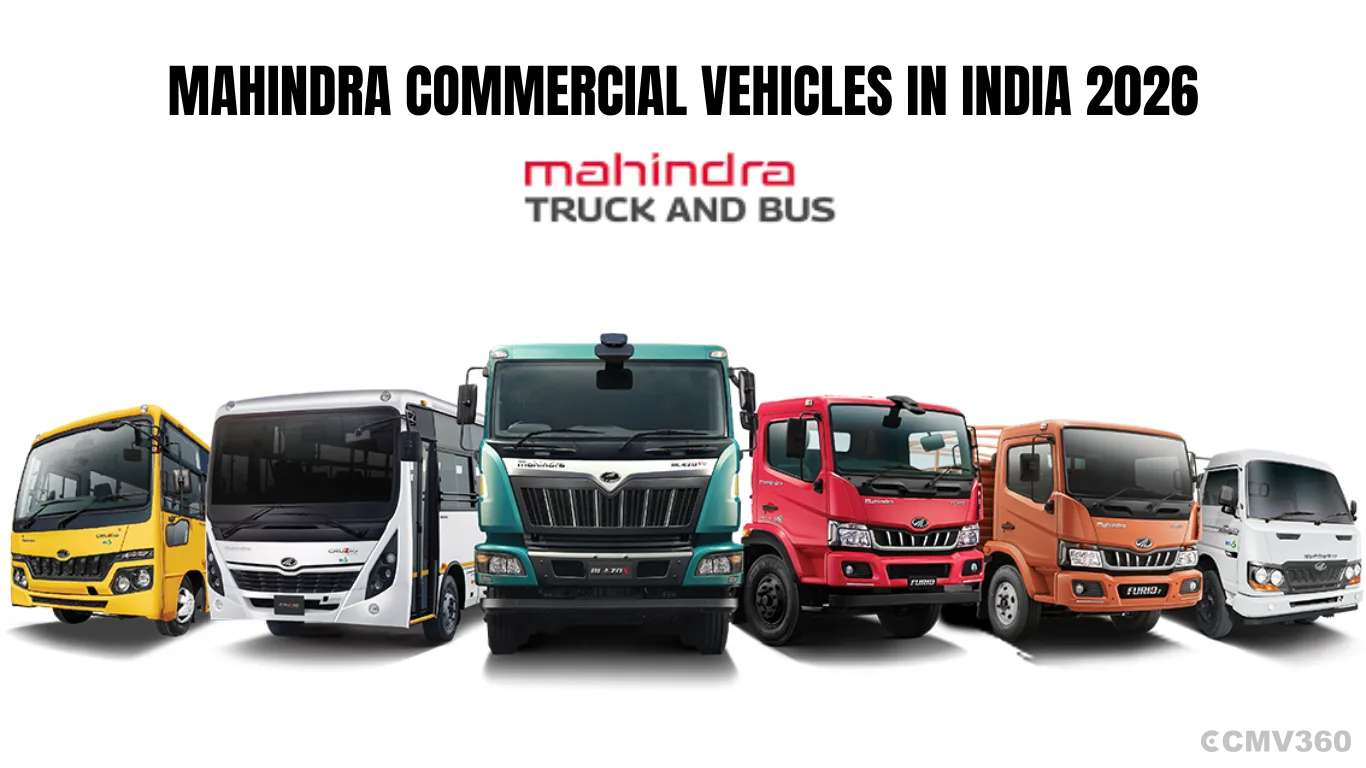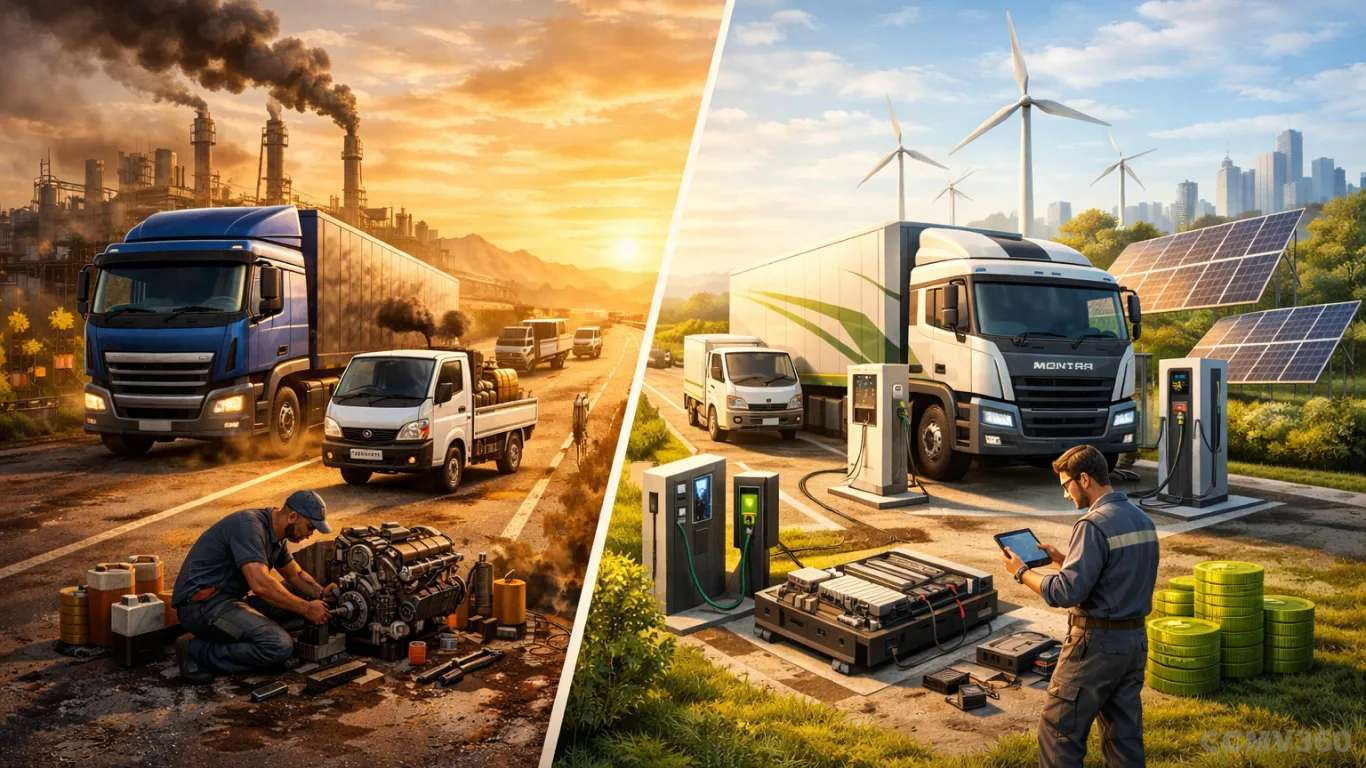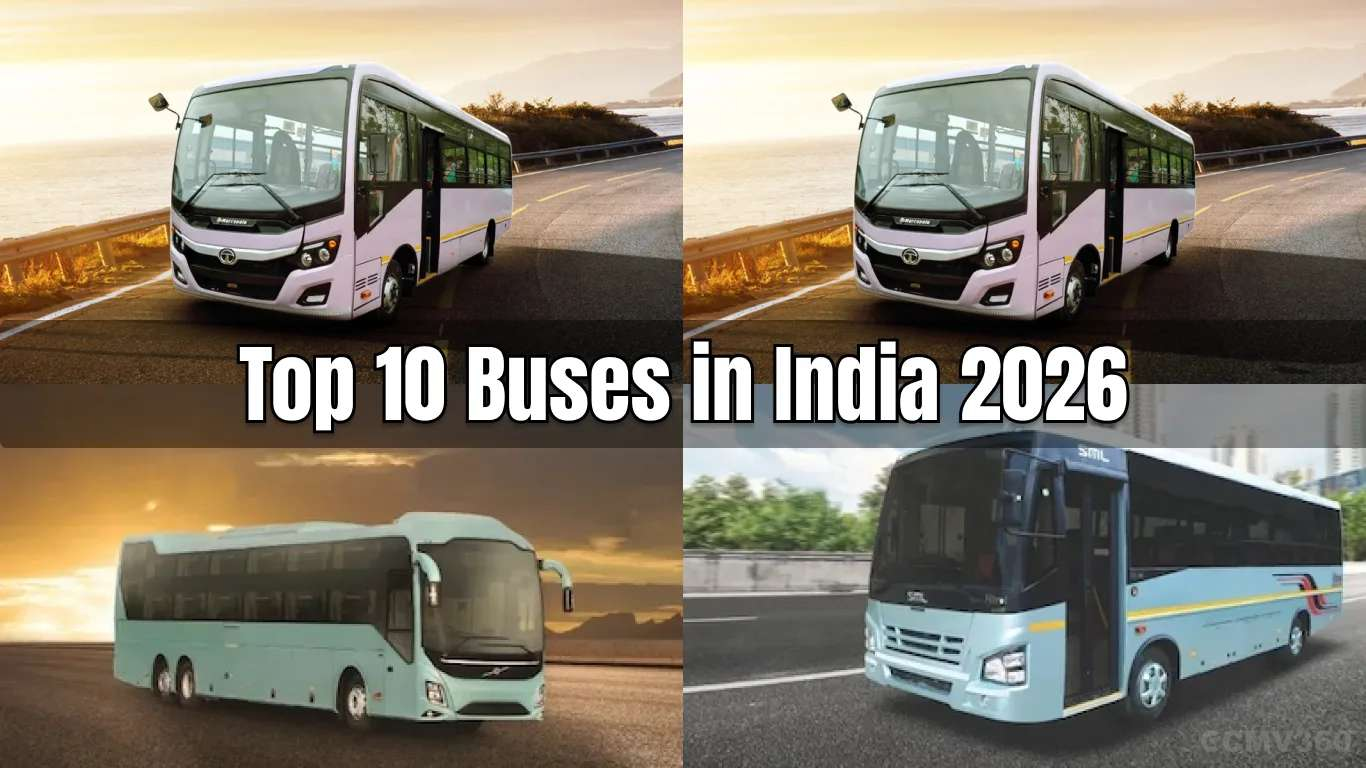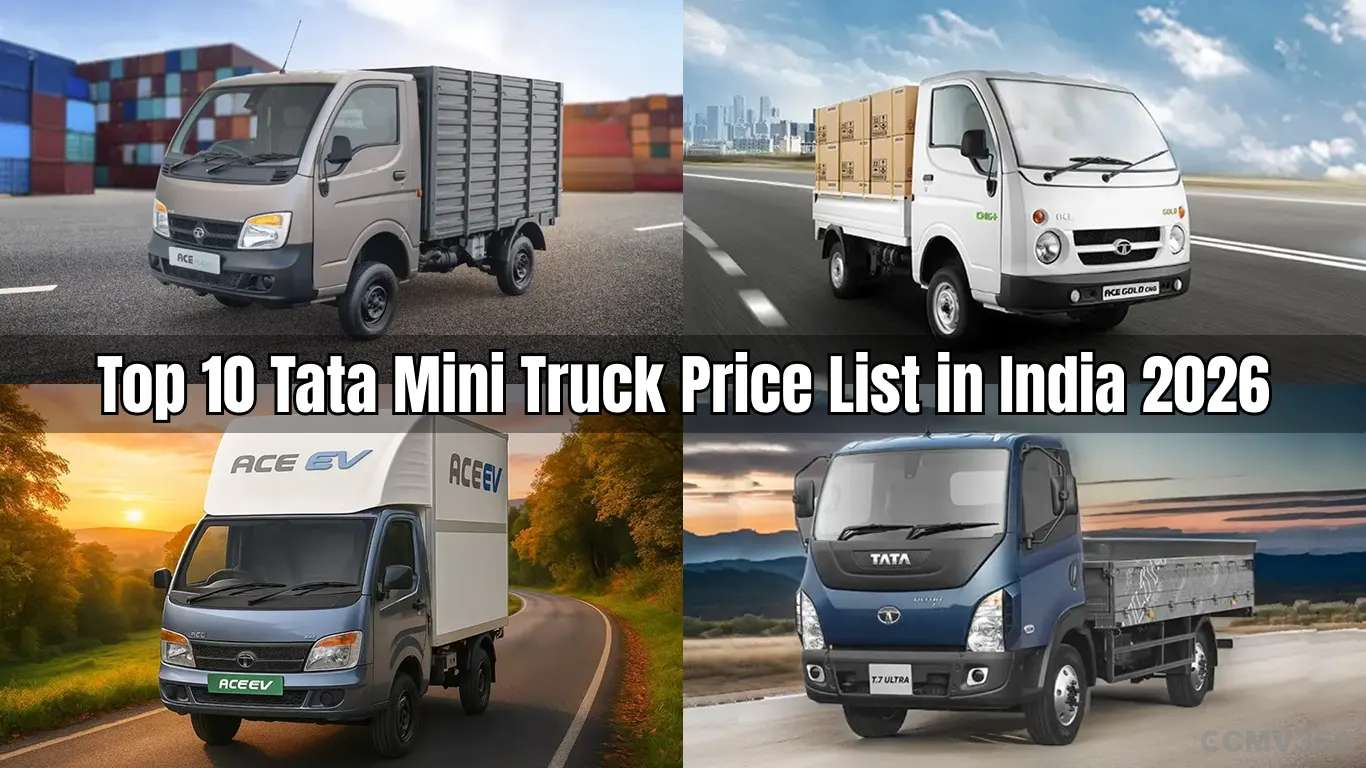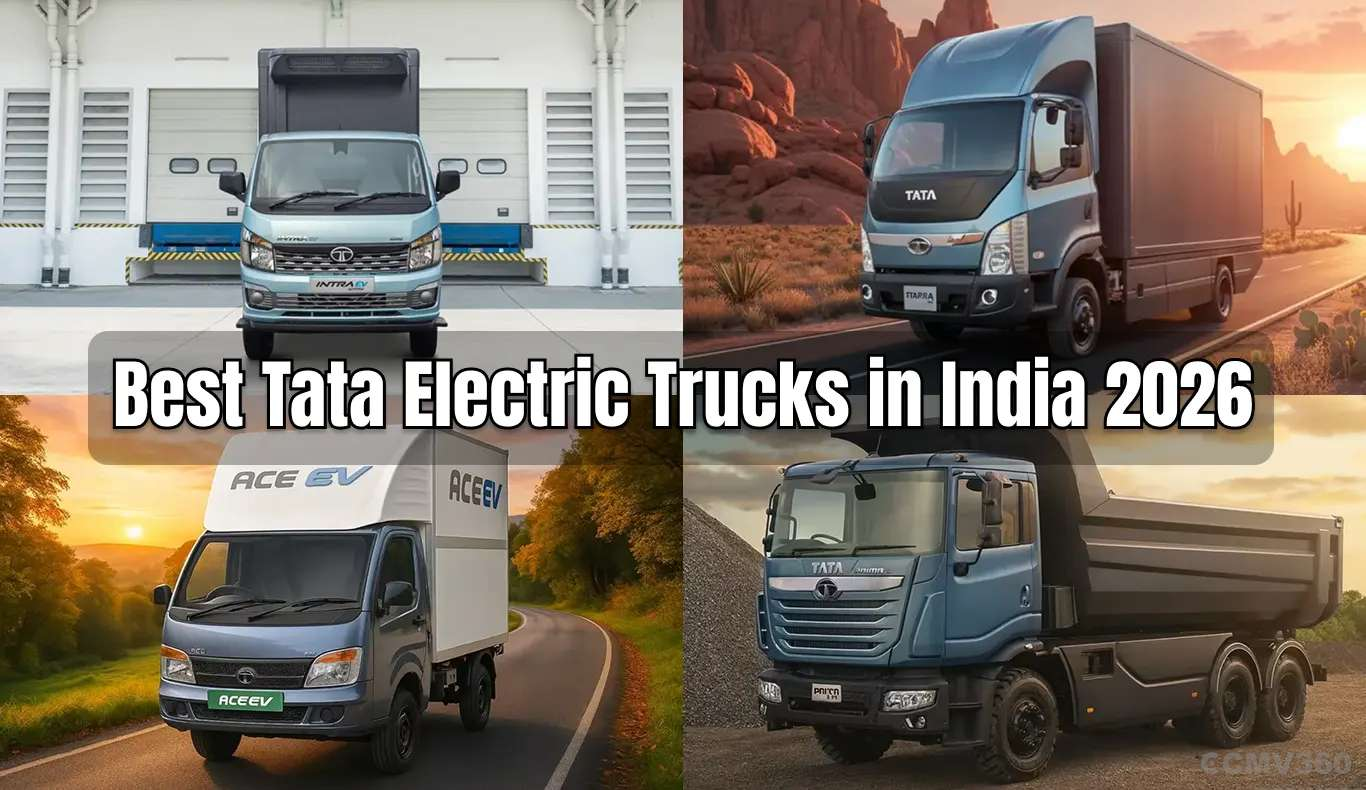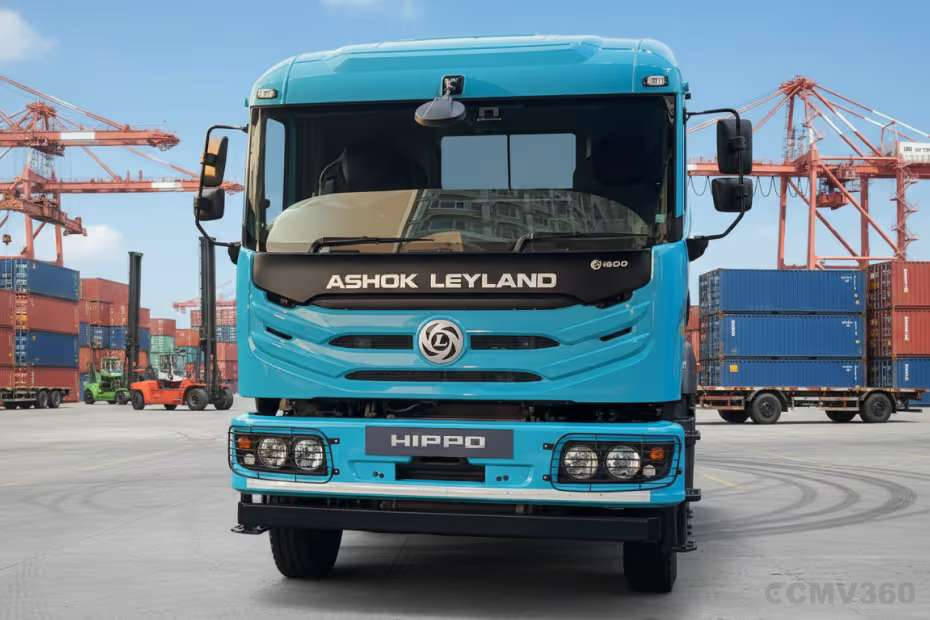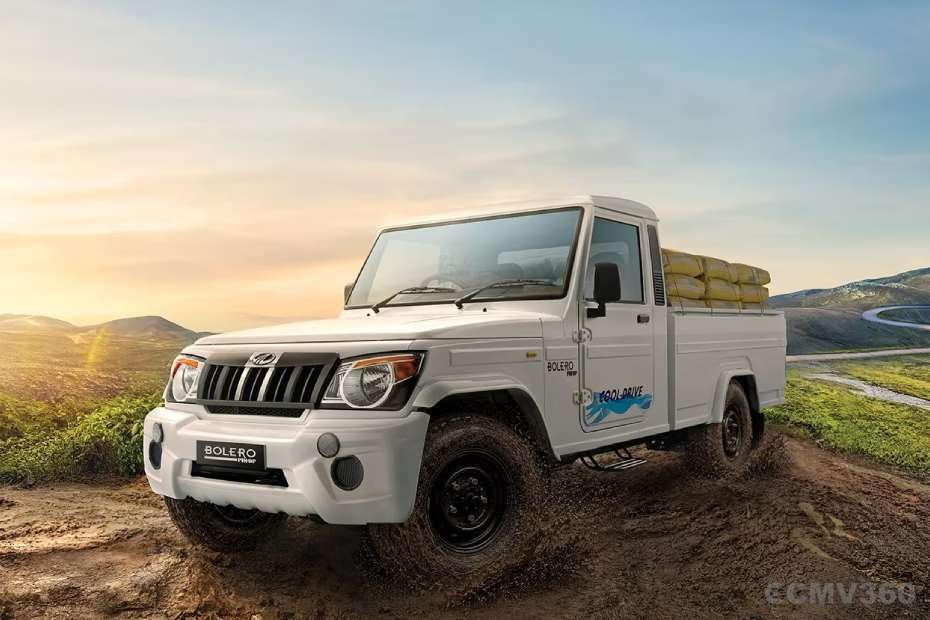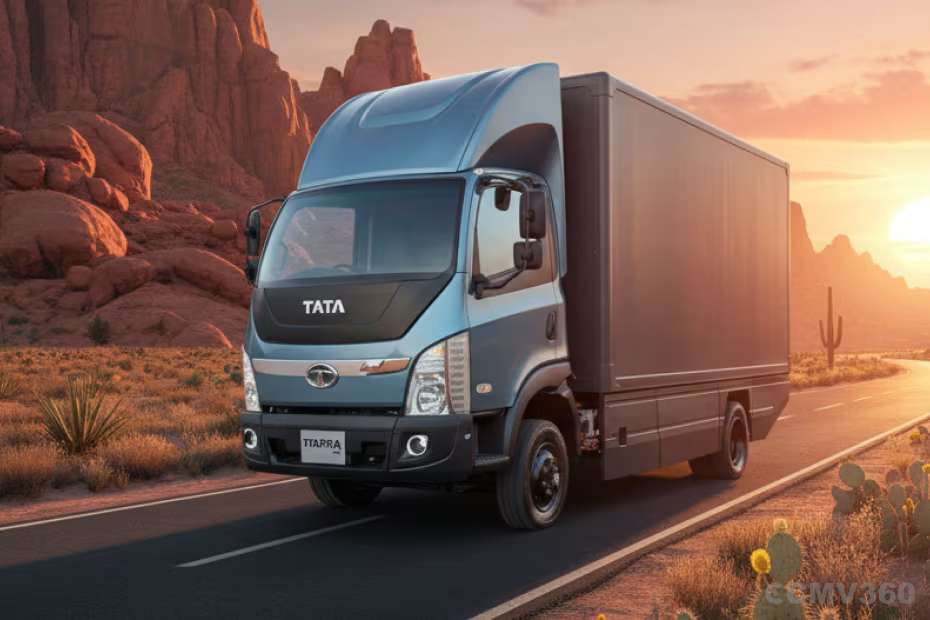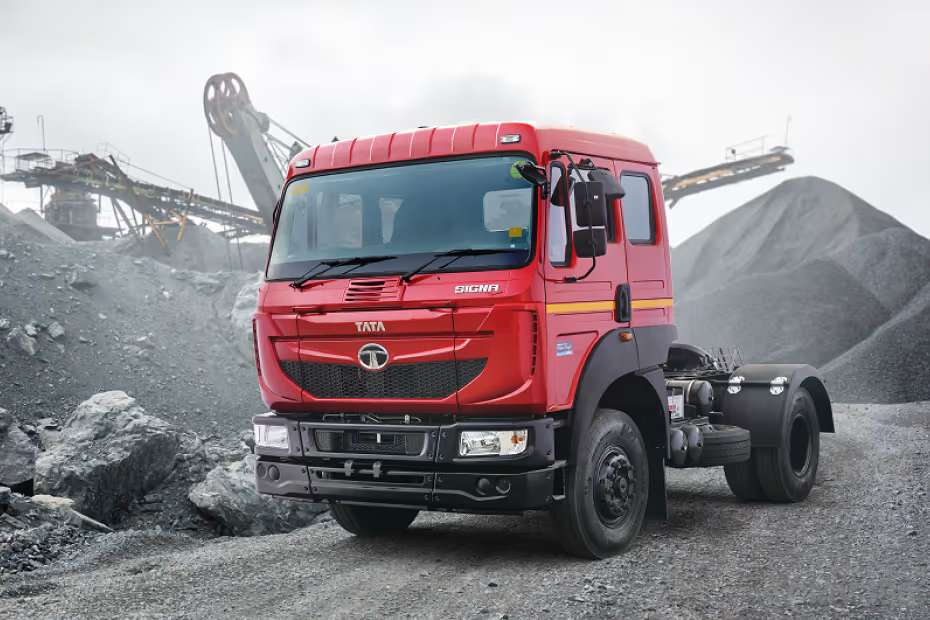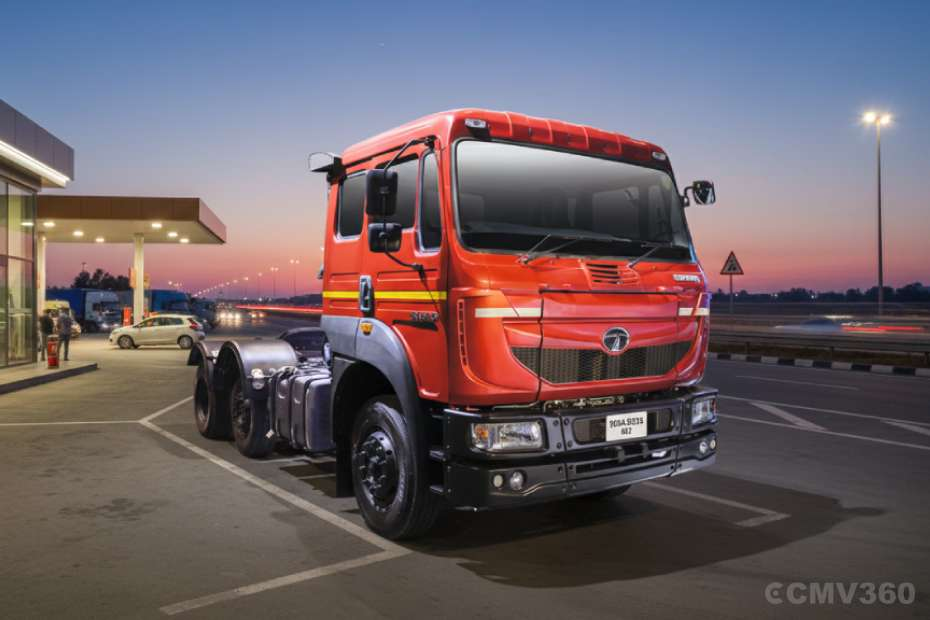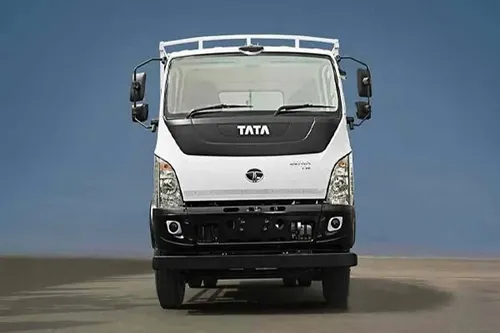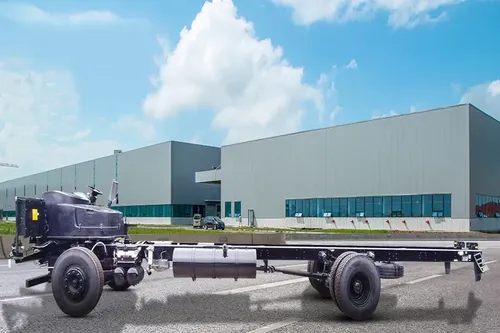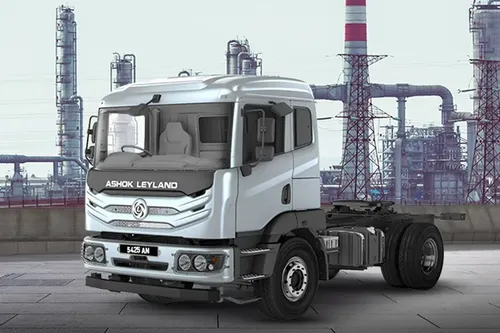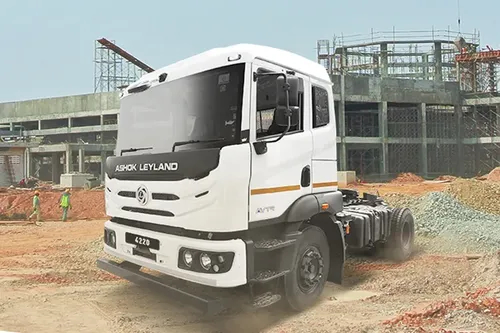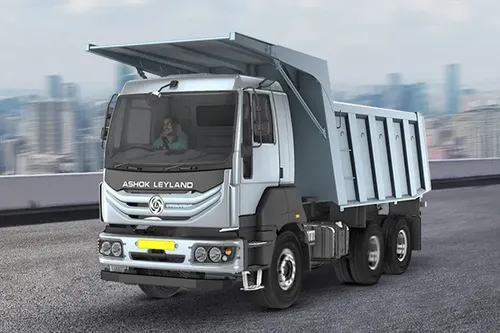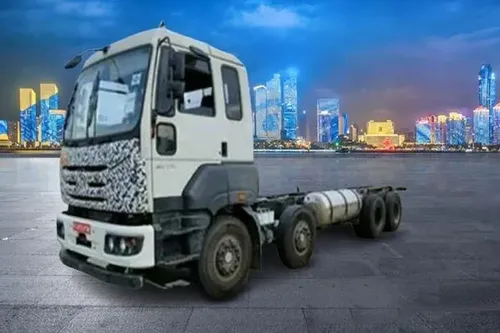Ad
Ad
E-Rickshaws on the Rise: What You Need to Know About Battery Costs
The cost of e-rickshaw batteries is also influenced by the charging infrastructure available. The adoption of fast-charging technologies can affect battery design and, subsequently, their cost. In this article, we will discuss the factors affecting the cost of e-rickshaw battery.

E-rickshaws, or electric three-wheelers, have gained significant popularity in India as a sustainable and eco-friendly mode of transportation. One crucial component that plays a pivotal role in the performance and overall cost of e-rickshaws is the BATTERY.
Understanding the cost of e-rickshaw batteries in India is essential for both manufacturers and consumers as they navigate the expanding electric vehicle market.
Factors Affecting the Cost of E-rickshaw Batteries
Several factors contribute to the cost of e-rickshaw batteries in India:
Battery Type
E-rickshaw batteries come in various types, with lead-acid and lithium-ion being the most common. Lead-acid batteries are traditionally less expensive but have a shorter lifespan and lower energy density compared to lithium-ion batteries. Lithium-ion batteries, on the other hand, offer longer life, and higher energy efficiency, but are costlier.
Capacity
The capacity or energy storage capability of the battery is measured in kilowatt-hours (kWh). Higher capacity batteries can store more energy, providing a longer range for e-rickshaws. Naturally, higher-capacity batteries are more expensive.
Brand and Quality
Established brands with a track record of producing reliable and durable batteries often command higher prices. High-quality batteries are crucial for the safety and performance of e-rickshaws, making them a preferred choice despite their higher cost.
Government Subsidies and Incentives
To promote clean and sustainable transportation, the Indian government provides subsidies and incentives for electric vehicles, including e-rickshaws. These subsidies can significantly reduce the overall cost of e-rickshaw batteries.
*Charging Infrastructure
The cost of e-rickshaw batteries is also influenced by the charging infrastructure available. The adoption of fast-charging technologies can affect battery design and, subsequently, their cost.
Economies of Scale
As the demand for e-rickshaws and electric vehicles in general increases, manufacturers benefit from economies of scale. Larger production volumes often lead to lower production costs per unit, which can be passed on to consumers.
Research and Development
Ongoing research and development efforts in battery technology contribute to the cost of e-rickshaw batteries. Advancements in battery chemistry and design can result in more efficient and cost-effective solutions over time.
Operational and Maintenance Costs
The total cost of ownership for e-rickshaw batteries includes not only the initial purchase cost but also operational and maintenance expenses. Factors such as charging efficiency, cycle life, and maintenance requirements can influence the overall cost of using e-rickshaw batteries.
Understanding these factors is crucial for manufacturers, fleet operators, and individual e-rickshaw owners. It helps them make informed decisions about which type of battery to choose based on their specific needs and budget constraints.
As the electric vehicle industry continues to grow, advancements in battery technology and supportive government policies may further impact the cost dynamics of e-rickshaw batteries in India.
Lithium-ion (Li-ion) batteries
Lithium-ion (Li-ion) batteries have revolutionized the landscape of electric vehicles (EVs), especially in the realm of commercial electric three-wheeler cargo vehicles, commonly known as E-rickshaws. The adoption of Li-ion batteries in this sector is driven by their remarkable features, including high energy density, extended lifespan, and rapid charging capabilities.
Also Read: Top 3 E-Rickshaws in India for Maximum Performance
The reasons behind the widespread use of Li-ion batteries in E-rickshaws and how they contribute to a sustainable future for commercial cargo transportation are mentioned below:
High Energy Density and Efficiency
Li-ion batteries stand out for their exceptional energy density, meaning they can store a large amount of energy in a relatively small and lightweight package. This characteristic is particularly crucial for electric three-wheeler cargo vehicles, where maximizing energy storage while minimizing weight is essential for optimizing efficiency and range.
The high energy density of Li-ion batteries allows E-rickshaws to cover longer distances on a single charge, addressing the key requirement of commercial cargo transportation.
Longer Lifespan
Another significant advantage of Li-ion batteries is their extended lifespan compared to traditional lead-acid batteries. This longevity is a game-changer for commercial applications, as it translates into reduced maintenance costs and increased operational efficiency.
The durability of Li-ion batteries ensures that E-rickshaw operators can enjoy reliable performance over an extended period, making them an economically viable and sustainable choice for fleet owners.
Rapid Charging Capabilities
Li-ion batteries have faster charging capabilities compared to other battery chemistries. This feature has more importance in the fast-paced world of commercial transportation, where minimizing downtime is crucial.
Rapid charging allows E-rickshaw operators to recharge their vehicles quickly, enhancing the overall productivity of the fleet. The ability to charge swiftly enables E-rickshaws to return to the roads promptly, meeting the demands of a dynamic cargo transportation environment.
Long-Range Driving Experience
One of the key reasons Li-ion batteries have become the preferred choice for E-rickshaws is their capability to provide a long-range driving experience. This aligns seamlessly with the requirements of commercial cargo transportation, where vehicles often need to cover significant distances in a single day.
The long-range capabilities of Li-ion batteries contribute to operational efficiency and make them a reliable choice for transportation companies looking to streamline their logistics with sustainable energy solutions.
Affordability and Reliability
Advancements in technology have significantly contributed to making Li-ion batteries more affordable, efficient, and reliable for commercial three-wheeler cargo EVs. As manufacturing processes improve and economies of scale come into play, the cost of Li-ion batteries continues to decrease, making them a financially viable option for transportation companies seeking to embrace sustainable practices.
In short, the cost of lithium-ion batteries for e-rickshaws depends on factors like capacity, quality, brand, and supplier. A 48-volt battery with 40-50 Ah capacity can range from Rs. 35,000 to Rs. 40,000, while higher capacity (60-70 Ah) batteries may cost up to Rs. 50,000, offering more range.
Brand reputation and quality influence costs, with reputable brands providing warranty and better after-sales service, albeit at a higher price compared to unbranded alternatives.
Lithium-ion batteries have emerged as the driving force behind the electrification of E-rickshaws in the commercial cargo transportation sector. Their high energy density, longer lifespan, rapid charging capabilities, and long-range driving experience make them the ideal choice for businesses looking to transition towards sustainable energy solutions.
Economic Considerations for E-Rickshaw Operators
Total Cost of Ownership (TCO)
E-rickshaw operators must consider the total cost of ownership, which includes the upfront cost of the battery and factors like maintenance, charging infrastructure, and operational expenses. While lithium-ion batteries may have a higher initial cost, their longer lifespan and lower maintenance requirements can result in a lower TCO over time.
Return on Investment (ROI)
Operators should analyze the potential return on investment over the lifespan of the E-rickshaw. A higher upfront investment in a quality battery can lead to lower operating costs, reduced downtime, and increased revenue generation in the long run.
Financing Options
To ease the financial burden on operators, exploring financing options and government subsidies becomes crucial. Many financial institutions offer loans with favourable terms for the purchase of electric vehicles, and availing of such opportunities can make the transition to E-rickshaws more accessible.
Also Read: OSM Rage Plus: A Game-Changer in Urban Cargo Transport
Conclusion
In conclusion, the widespread adoption of lithium-ion batteries in e-rickshaws can be attributed to their advantages, including extended lifespan, reduced weight, and improved performance. However, the cost of these batteries varies based on factors like capacity, quality, brand, and supplier.
E-rickshaw owners and manufacturers should thoroughly assess these considerations to make informed and cost-effective purchasing decisions. Understanding the cost of E-rickshaw batteries in India is essential for promoting the growth of electric mobility. As technology advances and economies of scale come into play, the cost of batteries is expected to decrease.
Government support, coupled with strategic decision-making by manufacturers and operators, will play a pivotal role in ensuring the widespread adoption of E-rickshaws as a sustainable and economically viable mode of transportation in India.
Features & Articles
Best Tata Magic Buses in India 2026
Explore Tata Magic price, variants, specs, mileage, EV, ambulance, school model details, features, payload, engine options, safety, dimensions, and key USPs in one comple...
25-Feb-26 06:08 AM
Read Full NewsMahindra Commercial Vehicles in India 2026
Explore the Mahindra commercial vehicles 2026 range, including EV 3-wheelers, trucks, pickups, buses, prices, features, USPs, and a full comparison guide for buyers in In...
24-Feb-26 12:13 PM
Read Full NewsDiesel vs Electric Trucks in India 2026: Detailed Comparison of Cost, TCO, Subsidies, Charging & Best Choice for Fleets
Diesel vs Electric Trucks in India 2026 compares costs, TCO, subsidies, charging infrastructure, range, and fleet profitability. Discover which option suits urban, mid-ha...
21-Feb-26 09:03 AM
Read Full NewsTop 10 Buses in India 2026
Explore the top 10 buses in India 2026 with price, mileage, seating capacity, electric options, and features. Compare school, staff, luxury, and electric buses in one det...
19-Feb-26 12:52 PM
Read Full NewsTop 10 Tata Mini Truck Price List in India 2026
Explore Tata mini trucks in India 2026. Price, specs, EV options, payload, features & top-selling models for smart, cost-effective logistics solutions....
18-Feb-26 12:09 PM
Read Full NewsBest Tata Electric Trucks in India 2026
Explore top Tata electric trucks in India 2026 with price, range, payload, battery details, charging time, and features. Compare Ace EV, Ultra EV, and Prima EV models for...
16-Feb-26 12:48 PM
Read Full NewsAd
Ad
